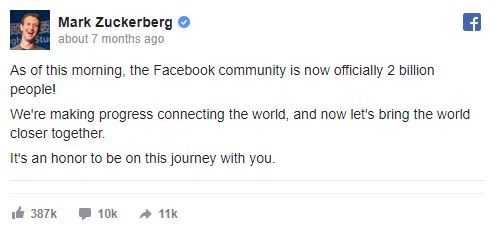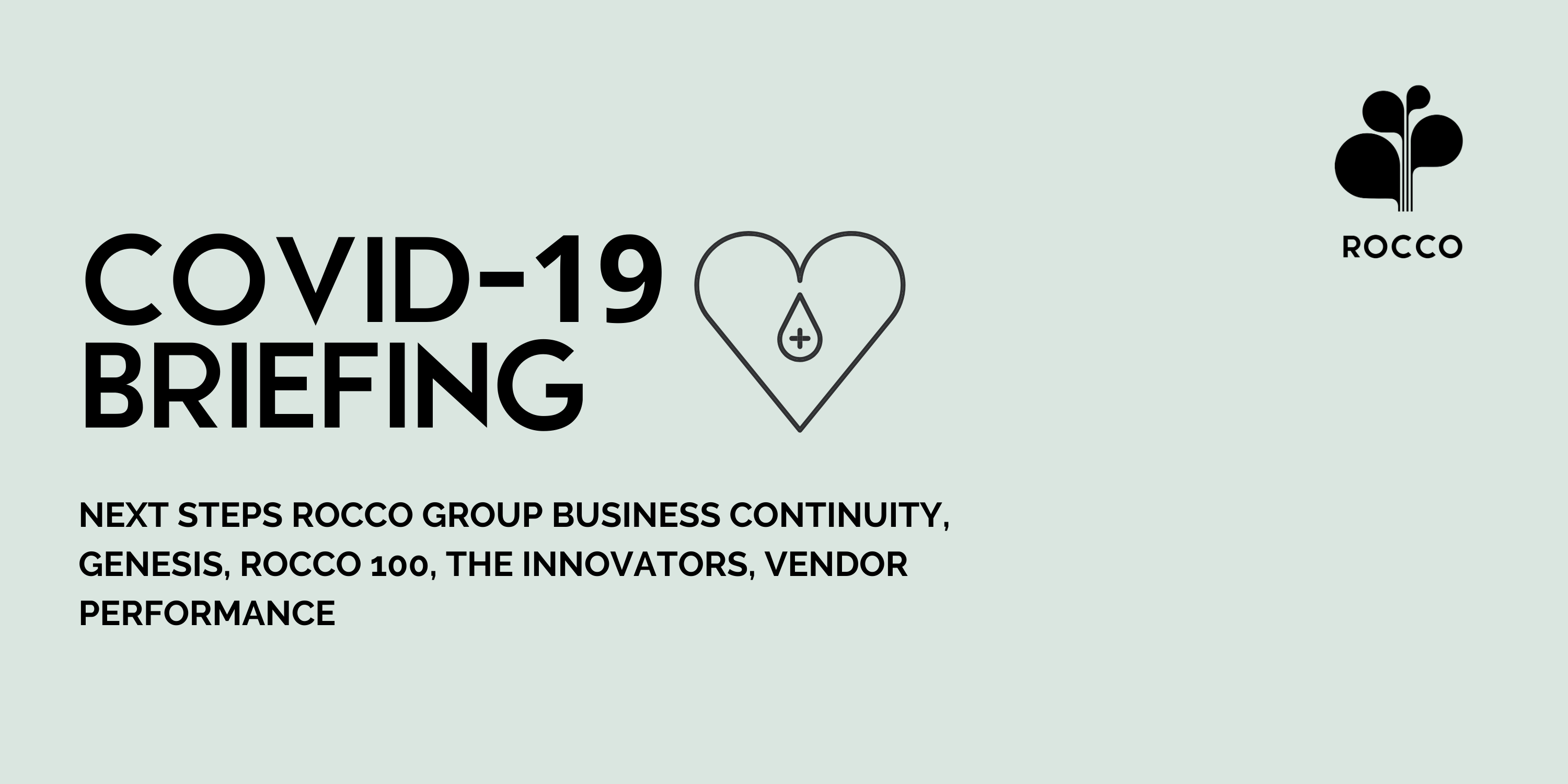FACEBOOK: LOSING THE WILL TO LIKE?
 AN ARTICLE BY POLINA HRISTOVA JOURNALIST AT ROCCO
AN ARTICLE BY POLINA HRISTOVA JOURNALIST AT ROCCO
It would be impossible to count the amounts of times we’ve discussed a topic or a brand with friends and family over Facebook, and find it later on as an ad, lodged between photos of someone’s kid and a meme on our news feed. Facebook knows what you like before you even knew it existed and if you didn’t fall for it the first time – no problem, let’s feature that same ad on Instagram, too! Mindreading is rude in many fictional universes, such as the Harry Potter one, but appears to be a lucrative business in our world, even praised and encouraged because it’s written in code and translated into an algorithm.
If it isn’t magic, it’s not considered an invasion of privacy.
Despite Facebook’s glaring flaws, it seems like the community has been growing in numbers.
However, this could be due to the immense variety of apps out there that do require a Facebook account in order to register, leaving people without a choice but to sign up for the world’s most popular social network. There has been a significant decline in teenage users who prefer Snapchat and Instagram, which inspired Facebook to adapt more Snapchat-like features to attract the most active user base.
But so far it has been received with a lot of eyebrow raises and questions, even accusations – is Facebook that desperate? The introduction of Instagram stories did intervene with Snapchat’s growth, so desperate or not, Facebook has been pretty successful at stepping on Snapchat to prompt itself up the ladder.
This is how the social platform thrives, especially since it’s slowly starting to become the home of an aging community.
It seems that Facebook is including a lot of eye-rolling extra features on Instagram too, such as a ‘last seen’ status and a whole new algorithm which drops the chronological order of uploads on your feed and instead organizes them according to popularity. If a post gets a certain amount of attention within a limited span of time, it would be boosted. Nothing new here – this is a very typical approach for Facebook, which is why they have to hire new people to filter the spreading of misinformation on their overcrowded social platform.
The average Facebook engagement has been on the decline ever since Facebook started adjusting its news feed algorithm in 2013 by prioritizing the users’ content over the pages. It’s a social network for friends after all, but it leaves it to the people to spread the information that strictly interests them.
The biggest issues revolve around privacy and data concerns – is it truly necessary to ask for an ID or passport to confirm the identity of an account? Isn’t this taking it too far?
But Facebook does not only gather data from you, it also siphons everything valuable from all of your contacts and depending on your common interests and geographical location, as well as the frequency of your interactions, it could cross-suggest different products and services, hoping to elicit a word-of-mouth response from you or your friends; Facebook wants you to tag your friends in posts, help paying businesses grow.
It’s an expertly designed tool for stalkers cluttered with ads; a platform built on oversensitivity and trolls where it’s become rude to refuse to accept your grandma’s friends’ requests and to not like your dad’s photos from his fishing trips. You can’t change your name without a struggle or hide behind a pseudonym because Facebook will find you (or someone who really dislikes you because there is absolutely no way to defend yourself against haters), report your account as ‘fake’ and ask for an ID or passport to confirm your identity. And if you’re ‘caught’ opening new accounts after getting disabled numerous times, your IP gets flagged and so you’re instantly locked out of all of your current (if they’re under the same name) and future accounts (under the same or any other name). Since Facebook does not care about people trying to avoid undesired attention, or those who struggle with gender identity, let’s move onto the next question: what does Facebook do with all this incredibly sensitive information? Surely storing it in an encrypted database and not selling it, as they claim to do, what do you think?
Another thing – apart from ads and hijacking Snapchat’s features – that’s keeping Facebook afloat is the Messenger app. Ever since Facebook introduced group video calls, there have been over 17 billion of them. Its popularity boosted an avalanche of upgrades, additional emojis, stickers, gifs, games, camera filters, random ads which appear amidst conversations, etc. and people got so fed up that Facebook had to create a ‘lite’ version of their app for Android… or because ‘people in developing countries do not have phones that can support everything without crashing’.
David Marcus, Facebook’s vice president of messaging products, admits that the app is too cluttered:
“Over the last two years, we built a lot of capabilities to find the features that continue to set us apart. A lot of them have found their product market fit; some haven’t. While we raced to build these new features, the app became too cluttered. Expect to see us invest in massively simplifying and streamlining Messenger this year.”
Most people just hope for a Messenger Lite version for iOS to get away from all bloatware and enjoy a simple experience, without video calls and bubbles, games and customer service bots, and so far it’s been a hit among Android users! Simple, sometimes, is better, especially considering how the Messenger app has earned its place in the various stages of socialization; strangers barely ask for your number anymore, they ask for your Facebook and initiate conversation through the Messenger app, instead of the old school SMS texting.
But what will Facebook do to simplify the full app? Is it going to drop some of the games, the huge gif library or was this just a thing people say at the beginning of a new stage? There is a Lite version already, so it doesn’t seem likely that they’ll simply kick the sandcastle they’ve been building all year long.
Facebook no longer relies solely on Facebook as a social platform; it’s a powerful tech house full of incredible amounts of resources and potential. But people are already looking for other alternatives; it’s slowly turning into a big, heavy zombie. The downfall of their social platform in the future will barely leave a dent on the shiny exterior – so who will be the next MySpace, the next Facebook?











